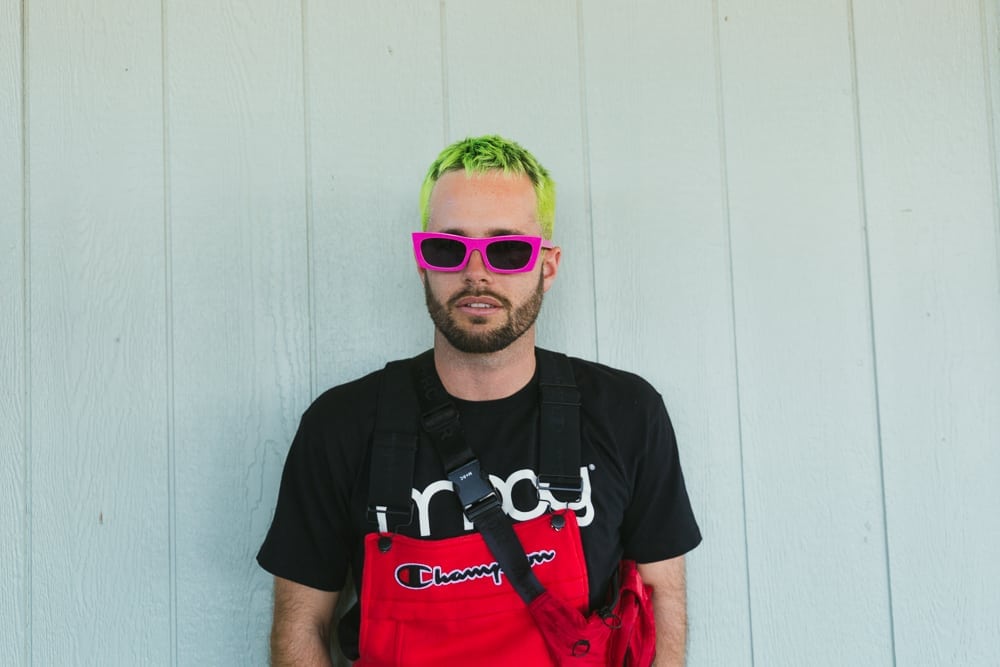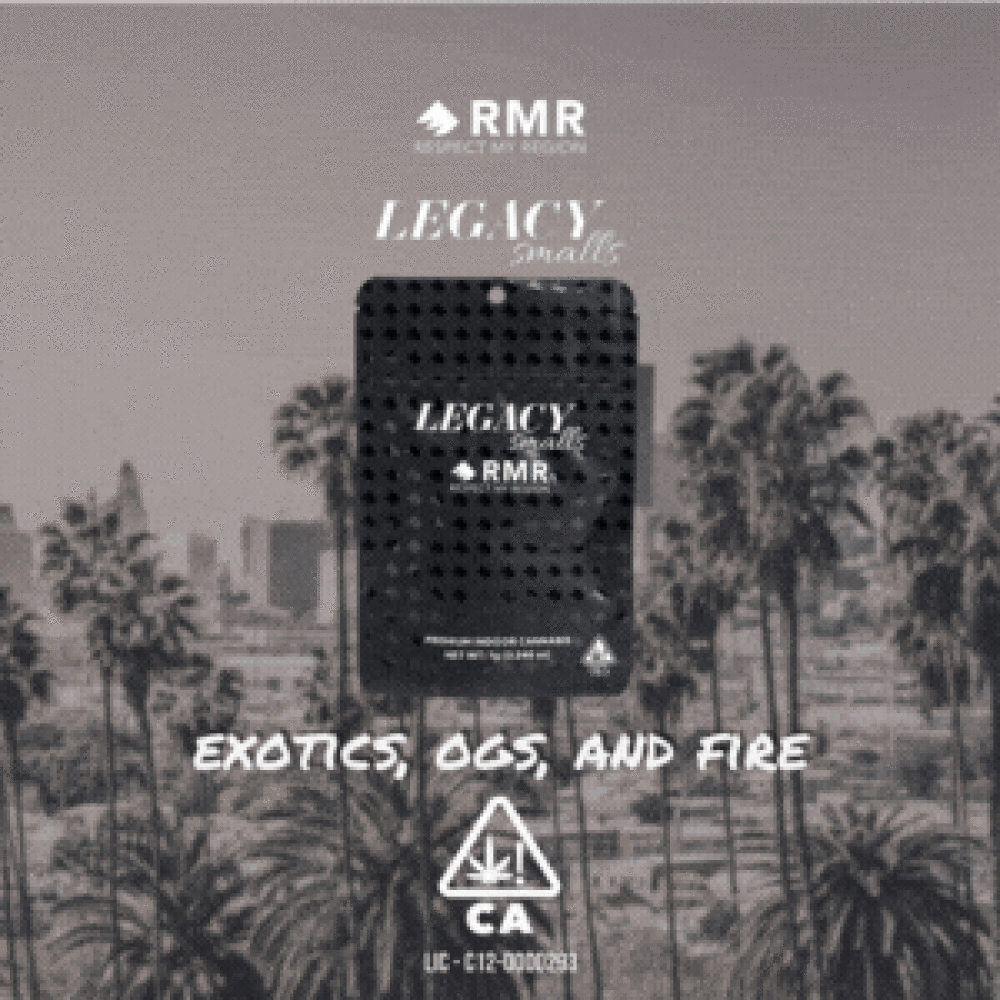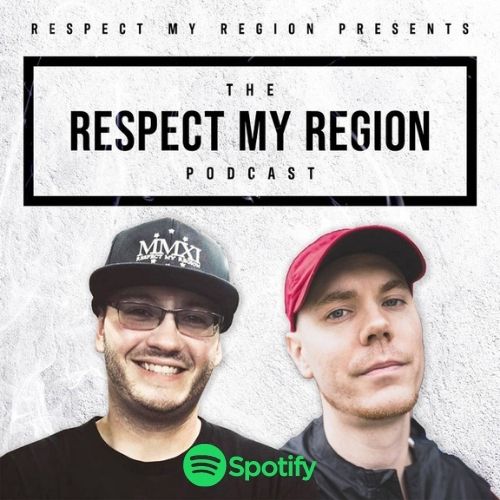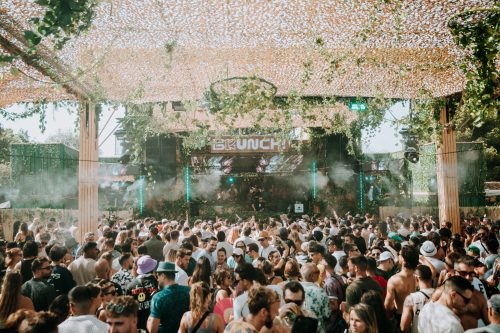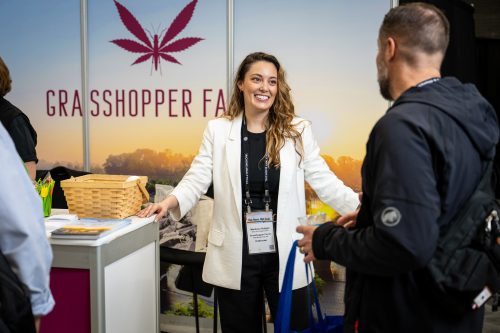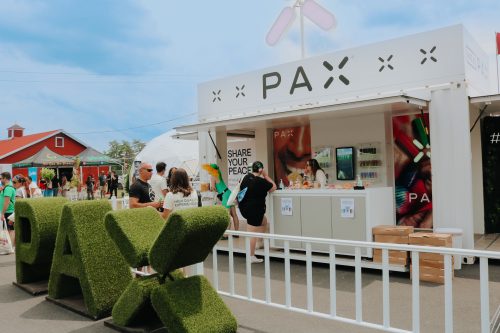What So Not is an Australian DJ and producer who is the creator of hit tracks including “High You Are,” “Waiting” (ft. Skrillex and RL Grime), along with successful remixes and a number of EPs. A couple months ago, he had just released his debut album, titled Not All the Beautiful Things. What So Not was playing on the last day of Sasquatch! Music Festival (read our recap here), and I had gotten the opportunity to talk to him before his set later in the day.
RMR Interviews What So Not
*Edited for clarity*
Respect My Region: So, for people who aren’t familiar with you, can you give me a quick introduction?
What So Not: My name is Chris, and I have a music project called What So Not. I’m originally from Australia, and now am homeless; jumping around the world, in a different country every day.
RMR: I heard from a previous interview that Australian radio stations don’t really play top 40s and play more of a mix of genres-
WSN: I mean, there’s top 40 radio, but then we have some really cool stations. We have this one station- Triple J, that’s probably the equivalent of all the community stations in America that are linked together and share a playlist. Which is pretty great for young artists and for artists doing things outside of commercial radio. There are other radio stations like Triple R and FBi, Fresh FM that are all really cool and promoting interesting music.
RMR: So what were your musical influence and inspirations for when you started making electronic music?
WSN: I think Justice was a huge one for me, very early Justice. Like their first remixes and things that they were doing and the whole headbanging era. The Presets, Cut Copy, a bunch of really cool acts. They all interest me, and were wild and peculiar and approach dance music in a unique way. Different from what I previously knew, which was just techno, and house, and trance. It was a whole new take on the music.
RMR: From your father giving up architect passions, to you getting a 9-5 job as an accountant, where do you stand and what is your advice for people who want to pursue their passion versus getting a decent job they can get by with?
WSN: Just do the passion every time. Because if it doesn’t work out, it’s usually pretty easy to go back to a regular format of work life. It’s not that challenging. If you’ve gone and done something interesting and peculiar, you usually pick up a lot of skills that people that have been stuck in a grind maybe haven’t picked up. Because they haven’t had to be really independent and driven to do the multiple facets of things you have to do when you’re being entrepreneurial, being independent, and trying something unique.
RMR: And when you gave up your 9-5 job, were you ever afraid that things might not work out and you’d have to fall back on accounting again?
WSN: Yea, I was lucky in that there was probably only one moment where I thought I might- no there’s actually a couple. There’s a couple of moments across my span of time where I was like ‘fuck this could be it.’ And then you just channel that and go and make something really awesome. Then nothing bad happens to you. It’s like ‘I’m really worried about things not coming together right now,’ and you just go and write a song about it. Then the song kind of stops it from happening.
RMR: What’s the narrative you’re trying to convey or the meaning behind the album title “Not All the Beautiful Things”?
WSN: So “Not All the Beautiful Things” is the idea that we spend so much of our lives focusing on what we think we want or ideas that are imposed on us by others, parents, people of influence in our lives, society, or whatever it may be. And we try and reach these grandiose life goals, then get stuck in this routine and miss so many incredible opportunities and incredible things that present themselves to us each day.
When I have a bad day, even simple things like going to a coffee store and someone’s really rude to you just rattles you for the entire day. So, if you can just take something important out of that one situation, then you’re making the most out of everything that presents itself to you. Using the coffee store as an example: someone’s rude to you, and you work out a way to handle someone acting in that manner towards you, then you carry that into an important work situation that happens a few days later. Suddenly, everything’s turned around from what it could’ve been and you end up in a totally different position and go off on a different trajectory. That’s kinda what Not All the Beautiful Things is about- seeing the beauty in every moment that sometimes we just let pass by.
RMR: The album is pretty emotional, to say the least. You poured out a lot of your honest feelings. Is there a track that perhaps mean more to you than others?
WSN: Not really, it’s all one piece of work to me. It’s meant to be this seamless flow, so I don’t like to pull them apart like that. It’s interesting though- I started making a whole lot of new music as well, and I realized that album was really a moment in my life and moment in time. I’m in a different place because I’ve let that all out and reflect on things that have happened. Now I’ve offloaded all of that energy, which was very emotional. I’m in a different spot and feel it when I’m making music; it sounds different and it feels different.
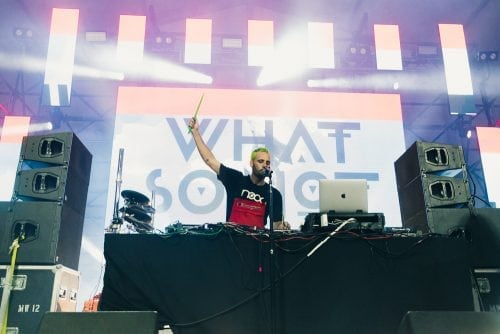
RMR: I was actually watching you live-stream your talk at Harvard a month ago. You had a [powerpoint] slide that said, “You’re going to make shitloads of mistakes.” Was there a mistake in your career that was a very vital one that taught you something important later on?
WSN: Yeah, they happen every day. I can’t even think of one, in particular, it’s just so often. Like you just handle a situation in a way and then you realize ‘Wow, I really should’ve approached that a little differently. Perhaps I wasn’t in the right, but by pushing for my position like this, I just tarnished the potential of resolving the situation.’ And a lot of things come down to that.
It’s the communication between people that are so fragile and a delicate balance. Sometimes you push someone too hard in the studio, it gets a bit awkward and you don’t get the right result. If you are just more empathetic towards that person: maybe they weren’t on their A-game that day and just needed a little pick up rather than being too harsh on them. It’s just things like that, which happen in every single scenario you can imagine.
RMR: A lot of younger creatives now struggle to pick between higher education/college, versus going to work and doing music. I know you went to university for a year then dropped out. So what would you say about the dilemma of getting an education or just pursuing a passion full time?
WSN: I think it depends what kind of brain you have and how you operate. My mind didn’t seem to mesh too well with the structure laid out at college. However, certain brain types and certain people really excel in those environments. I think that degrees and things can be so important because you get into the nuts and bolts of all the micro-details of a very specific thing. You get a different spectrum of knowledge.
Now, I have knowledge of color grading photos, directing and writing music videos, writing music, writing vocals, producing, DJing, drumming, like all these different things. I don’t think I would’ve got all that if I went to college. I think I would’ve focused on a couple of things very specifically and be strong in those things. It’s great if you’re going to do something specific, and you can always go to college and take a lot out without finishing it. Without realizing, I took so much out of the time I had at college. I knew that I didn’t need to finish to get where I needed to go.
RMR: So you mentioned doing creative stuff beyond music, and you pulled up the Pinterest board for you Coachella setup during your Harvard talk as well. What made you want to go into the creative direction beyond the music and be more hands-on with your brand?
WSN: It’s all just an extension of me; the music is the core of me, but then there’s the visual and story to that. What I found was that I would make something, and I would have this very strong idea about what it was, what it looked like, what it sounded like, and what it felt like.
To bring in other people to try and potentially understand that and attempt to create that visually is hard. I’ve worked with some people where that’s worked really well, but I’ve also worked with people where it hasn’t worked well at all. It’s a lot of time, money, and resources spent. So I’d rather get the groundwork laid out myself in every different aspect. Then bring in people that I trust or have worked with before, like ‘hey, here’s the foundation. This is your area of expertise- help me turn this into something really spectacular.’
RMR: You’ve been in the music industry for a very long time now. How have things changed for you in the music scene?
WSN: I mean, it goes in waves. I’ve seen probably three or four different waves at this point. Waves of ‘hey this music’s really interesting right now, this music’s really boring right now, or here’s this whole ‘another scene popping off that I don’t understand but I’m really interested in [then you dive into that scene and realize it’s really cool and take something from that and put it into your own work].’ It’s always changing; the platforms are changing, what’s popular is changing, the look of it and the sound of it is changing. Things like visual elements, video representation, and the experience of coming to a show are so important right now. A song doesn’t carry like it used to. There’s just so much music, and it’s so easy to access and stream. You don’t even have to buy things anymore, you can just rent it essentially. So it’s very different right now.
RMR: You’ve mentioned before about how with NAtBC, you weren’t pressured to make it a very stream-friendly album. How did you not cave into the pressure of online streaming since it’s such a big part of music consumption right now?
WSN: I just didn’t (laughs). I don’t care, and it’s not anything against streaming. It’s more like I’m not going to creatively pamper to something that is just the thing right now. Whatever the thing may be because then you start to operate in a tiny little box. Then everybody starts to get into this smaller and smaller and smaller space until everything’s the same thing. Really, you just get overtaken by people who are going through a totally different door. So, I’m trying to not ever get pushed into that one direction.
RMR: What can fans expect in your upcoming sets and performances?
WSN: I’ll play mainly my own music, but there’s been a lot of cool tracks I’ve been finding lately. Like some songs by Noise, some songs by Boys Noize and stuff that would be really fun to play live. And I have Trev Lukather [son of Steve Lukather from Toto], he’s my guitarist. So we’re always working on interesting ways to carry the set, now that we have live instrumentation. I think it has a bit of character that way.
Speed Round
RMR: Fav artist currently?
WSN: I really can’t pick one. I’m doing like four mixes for Triple J because I’m the resident for June. I just listened to like 5000 new songs to curate it down to about 250 to turn into these mixes. I love the new Jon Hopkins stuff, I’ll just say that.
RMR: Highlight of your career?
WSN: I feel like there’s a new highlight every month, you know? It’s really exciting.
RMR: Ultimate career goal?
WSN: I don’t really have goals. I think that if I set a goal, it creates a limitation of sorts. So I’d rather just reach for anything that’s possible.
You can catch What So Not at Bonnaroo and more locations as he continues to perform around the world. Tour dates can be found on his website. “Not All The Beautiful Things” is out and available on all music platforms.
What So Not – Not All The Beautiful Things
FOR MORE MUSIC UPDATES FOLLOW RESPECT MY REGION ON FACEBOOK, INSTAGRAM & TWITTER.
HAVE A STORY WE SHOULD COVER? EMAIL US AT INFO@RESPECTMYREGION.COM


